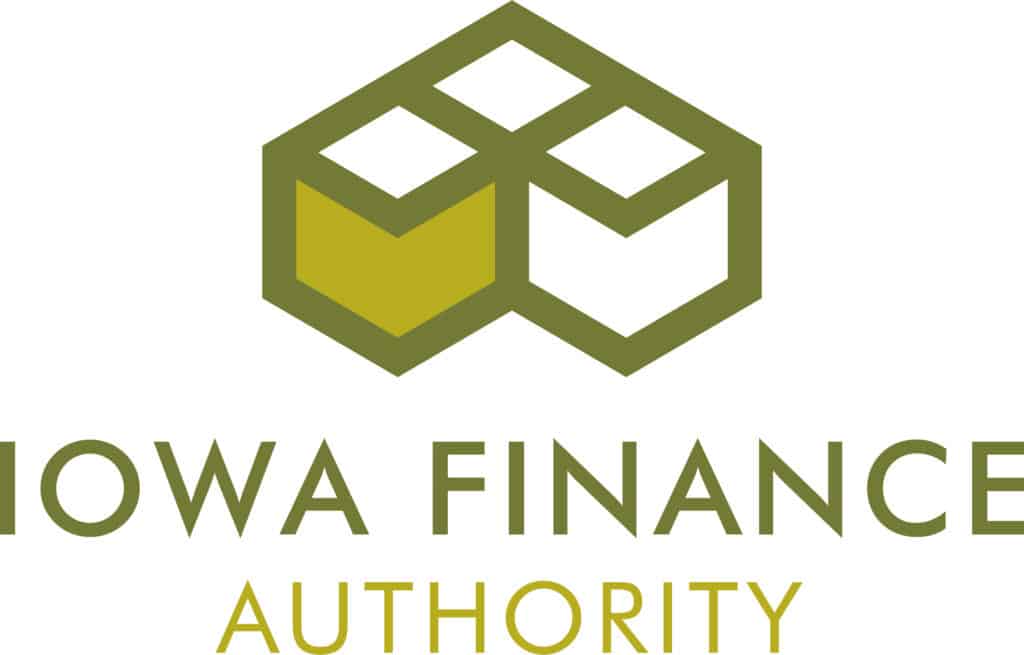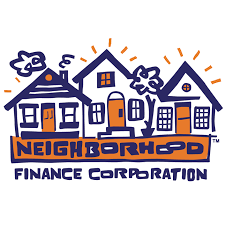Iowa can afford preschool

The discussion about the growing debt at all levels of government has really stretched its wings lately. The latest headlines indicate that policy-makers are developing ways by which states may extricate themselves from burdensome financial obligations without taking bankruptcy.
In Iowa, there seems to be some confusion about the true condition of its financial health. It could pertain to total debt vs. annual deficits, accounting techniques that push income and expenses from one year to another, money transferred from one bucket to the next and back again, and some politicians claiming surplus while others say deficit. It’s not really clear who’s on first.
Today’s politician is challenged. Regardless of political party, he or she must be seen as focused on the budget and willing to cut costs or increase revenues. But if the actual state of economic affairs is not reasonably clear, the decisions made might not be necessary or sensible.
For example, take the proposed cut to the Iowa preschool education program. This is not an incidental program. Research shows that investing in programs that support children in their earliest years yields high returns for the U.S. economy.
Looking at the facts, it would appear that Iowa can well afford this program. First, the state had a surplus of more than $300 million in fiscal year 2010. Second, with $87 million cut from spending last December, with normalized revenue in 2011 looking strong, and with additional federal money this year, a budget deficit in FY 2011 is unlikely. Third, Iowa’s projected deficit as a percentage of gross domestic product for FY 2012 is one of the lowest in the country at 4.7 percent.
Given the actual state of the state’s finances, considering the importance of early childhood education, given the stiff competition between states to attract new businesses, and given Iowa’s economic competitive advantages with its agricultural resources, this does not look like an appropriate time to cut a proven education program. Changing to a sliding fee would probably just dilute the program.
Regarding taxes, Iowa may need to modify its tax structure to become more competitive. For example, if commercial property taxes need to be reduced, that can be financed by adjusting tax policy. Perhaps the complex formula used to set taxes on agricultural land should be reviewed and the 4 percent cap lifted. With both grain and tillable land prices almost doubling over the past few years, agricultural land has substantially benefited under the agricultural formula vs. the market value taxes levied on commercial and residential property.
In any event, the perceived strategy to pay for a specific business tax cut by cutting programs such as early childhood education is not financially necessary or intuitive.
Peter Percival (ppercival@onlyworkforyou.com) is a registered investment adviser at Syverson Strege & Co. in West Des Moines.










